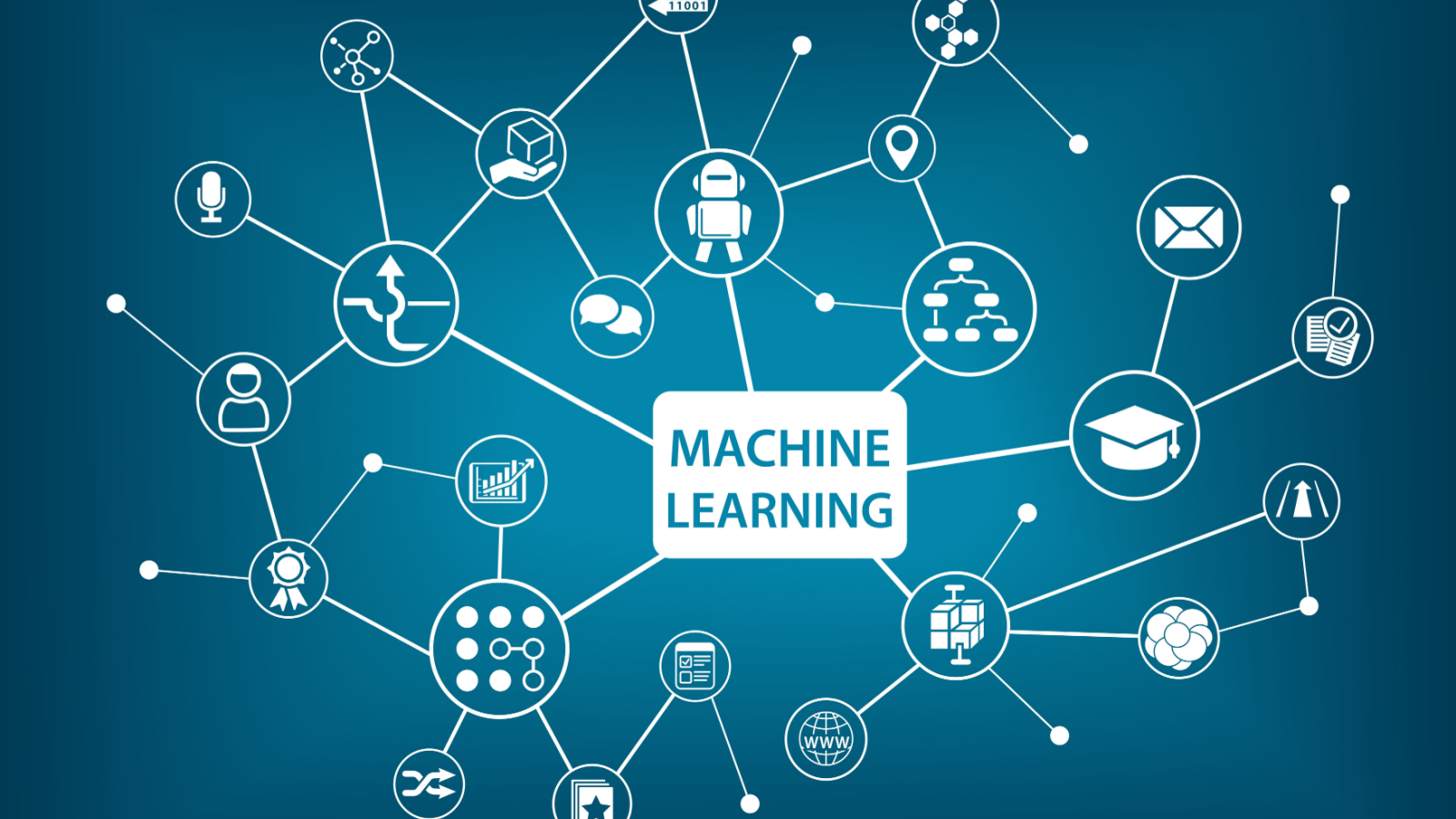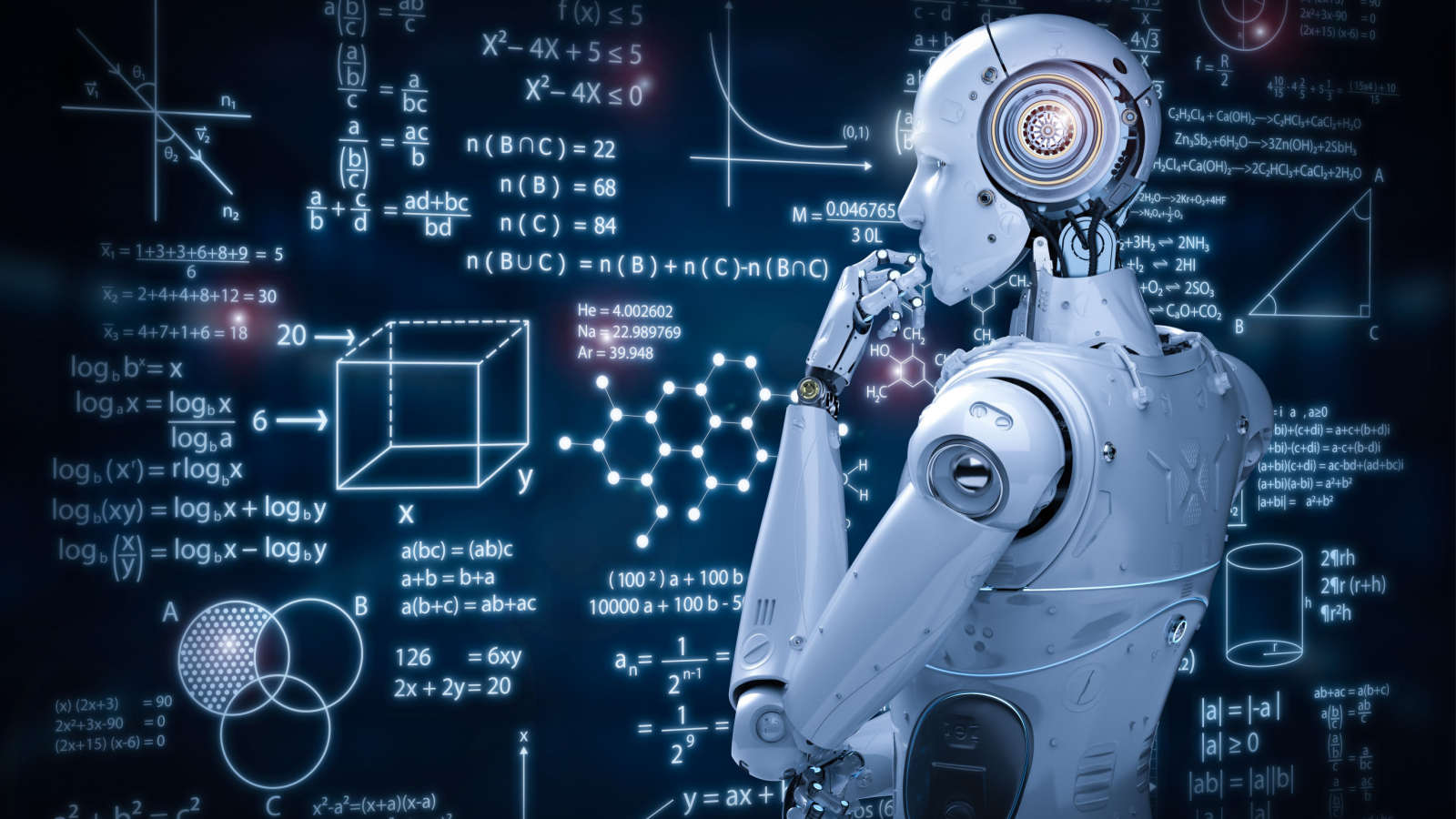Increased employee mobility can negatively influence a enterprise’s capacity to undertake new know-how corresponding to synthetic intelligence (AI), researchers have discovered.The analysis group means that when staff have better mobility, companies face larger dangers of dropping expert workers who possess the experience wanted to implement new applied sciences, together with machine studying.Chris Forman, the Peter and Stephanie Nolan Professor within the Dyson School of Applied Economics and Management, within the Cornell SC Johnson College of Business, is co-author of “How Does Worker Mobility Affect Business Adoption of a New Technology? The Case of Machine Learning,” which printed on March 10 in Strategic Management Journal.Co-authors are Ruyu Chen, Ph.D. ’21, a postdoctoral researcher at Stanford University, and Natarajan Balasubramanian, professor on the Whitman School of Management at Syracuse University.Machine studying is more and more very important for companies searching for to innovate and enhance processes, however the adoption of those superior applied sciences depends closely on expert staff who can implement and make the most of them successfully.For this analysis, the group used a pure experiment situation – adjustments within the enforceability of noncompete agreements on the state stage – as a technique to perceive how employee mobility impacts know-how adoption. Noncompete agreements prohibit workers from becoming a member of or beginning competing companies after leaving their present employer. By analyzing greater than 153,000 organizations between 2010 and 2018, the researchers uncovered vital insights.Their findings indicated that adjustments facilitating employee mobility had been related to a notable decline within the chance of companies adopting machine studying. This decline diverse primarily based on elements corresponding to institution dimension, industry-wide adoption of predictive analytics, and the presence of huge opponents in the identical {industry} and placement.”The stronger leads to the presence of huge opponents in the identical {industry} location counsel that the dangers of mobility to potential adopters will likely be stronger when staff have many outdoors choices,” Forman mentioned.In the early phases of know-how adoption, workers typically purchase these abilities by way of on-the-job studying, funded by the adopting enterprise. Consequently, the chance of expert staff leaving can diminish the incentives for companies to spend money on and undertake new applied sciences.The research’s framework and knowledge evaluation make clear the important position of employee mobility in shaping know-how adoption selections and enterprise innovation. It provides depth to earlier analysis that has explored the connection between human capital and the adoption of AI and machine studying applied sciences.While the research centered on machine studying adoption, it additionally factors to avenues for future research. Said Forman: “Similar findings might come up within the early years of the diffusion of different applied sciences through which companies must make new technology-specific investments that enhance the human capital of staff.”Sarah Magnus-Sharpe is director of PR and media relations for the Cornell SC Johnson College of Business.
https://www.miragenews.com/worker-mobility-can-impact-adoption-of-new-1204498/




